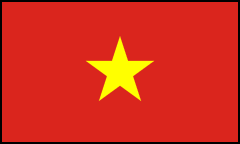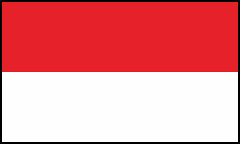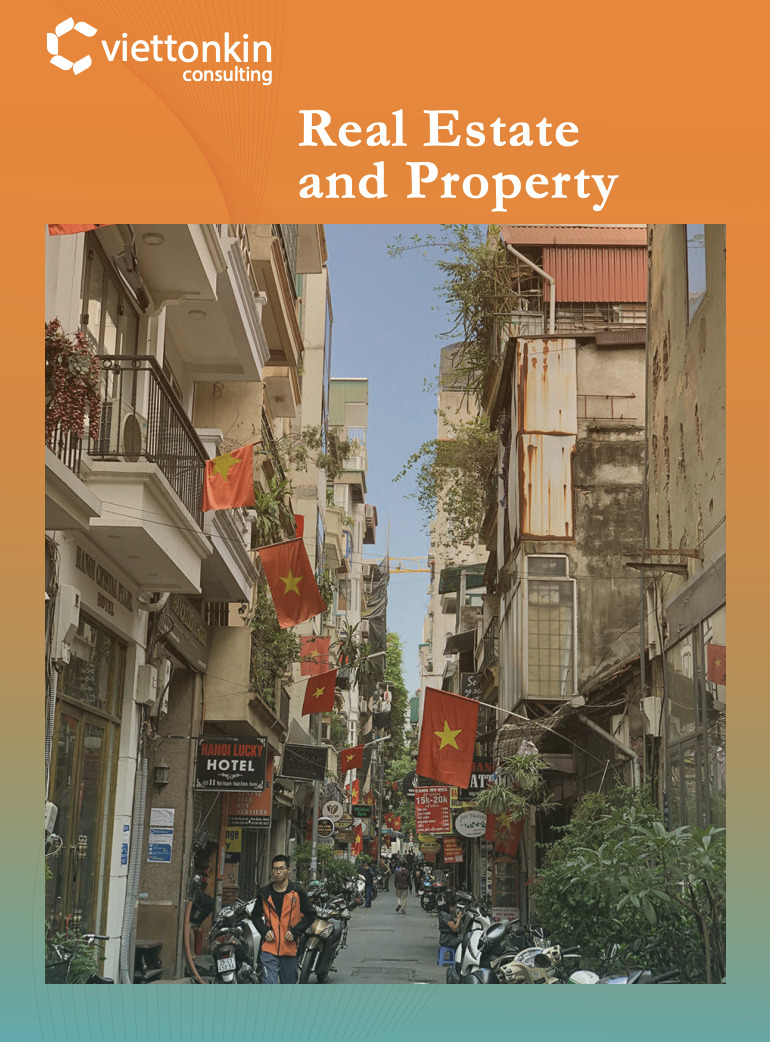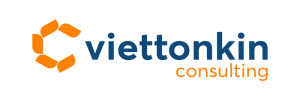Since joining APEC in 1998 and WTO in 2007, Vietnam has been implementing its commitment to international economic and business integration with vigour. The country has opened its door to trade and investment with the world and undergone various institutional and policy reforms.
In this article, you will be given the keys information for how to set up a business in Vietnam, especially for Singaporean firms. The keys are divided into 3 parts, the first part is an overview of business in Vietnam, the second part is what do you need to prepare for opening up a business, and the last part is the information to set up a business there, this may include steps to set up the business.
Overview of Business in Vietnam
Vietnam has always been one of the fastest-growing countries in the world, since its economic opening. Its people's cultural inclination for work and entrepreneurship has revived its economy. The country was moving from a traditional and agricultural economy to opening the economy for foreign investments and expatriate workers.
According to Moody’s Investor Services, Vietnam's economy is projected to expand at 6.4% annually between 2018 and 2022. International organisations such as The World Bank and ADB have praised Vietnam for the stable growth of the macro-economy.
Over the years, the Vietnamese government has improved its legal and institutional framework to create a transparent and fair business environment. It has been reflected in Vietnam's Ease of Doing Business ranking from 99th in 2014 to 69th in 2019.
Vietnam’s population is about 95 million, ranking 14th in the world, it makes the country has enormous market potential for various types of business investment. The purchasing power rose during the first 10 months of 2019 and total revenue for goods and services hit VNĐ4 quadrillion (US$172.5 billion), an 11.8% increase compared to the same period in 2018.
Vietnam is also well known for its golden age structure with more than 52% of people in working age, while about 97% of the working-age population is literate. Since 2008, labor productivity in Vietnam has increased by 22.5%.
According to Vietnam’s General Statistics Office, the average monthly salary in 2017 was VND 6.6 million (US$290), up 9.3% compared to 2016. It was higher than the growth in the regional minimum wages in 2017, which was 7.3%.
Other than that, the Vietnamese government encourages investment with tax credit and incentives in certain sectors such as education, healthcare, sports and culture, high technology, environment protection, scientific research, infrastructural development, and computer software.
All the factors above have made Singaporean companies interested in having businesses there. The country is a favourite destination for these Singaporean companies that are expecting to expand.
Singapore was also the third largest source of FDI into Vietnam, accounting for 10% at US$2.41 billion. As of October 2017, Singapore invested more than US$41 billion into Vietnam, and it took the third largest investor in Vietnam. The growing consumer market and overall investment climate is the key driver for Vietnam’s future inbound investment.
READ MORE: Viettonkin Consulting Global Incorporation Service
What You Need To Prepare For How To Set Up A Business In Vietnam
If you are looking how to set up a business in Vietnam your business in Vietnam, you need to pay attention to things, such as required documents. If you cannot complete the required documents or you happen to forget one of them, you will fail to open up a business there.
What are The Required Documents?
1. Visa
It is needed to enter the country, and issued by an embassy or a consulate of Vietnam. The different types of visas exist depending on the profession and the subject of the applicant’s request.
2. Residency Permit
It is issued in correspondence with a visa and obtained from a police station. An applicant for a residence permit must present evidence that the person works or invests in Vietnam.
3. Working License
It is issued by the Vietnamese Labor Authorities. Foreign workers must hold a license when working in Vietnam with the exception of certain cases such as head of a representative office or subsidiary established in Vietnam. However, workers must submit an application to the Department of Labour, War Invalid and Social Affairs.
4. Investment Certificate
To certify that the investment fulfills all the conditions that are established by the Vietnamese government. The significant transactions will be subject to stricter conditions than smaller projects and will be subject to an investment evaluation procedure.
5. Permission From The Vietnamese Government
Investors who wish to establish a branch or a representative office in Vietnam must submit their applications to the Vietnamese administration. The conditions are somehow alleviated and the investment license is not required, because it's only the agreement of the Government Vietnamese is required.
The Information To Set Up a Business For Singaporean Firms
Foreign investors must have an investment project and obtain IRC by submitting an application archieve to:
- The Management Authority of the provincial industrial or economic zone.
- The provincial department of planning and investment.
The process usually takes 15 days from the submission of the application.
If a new foreign invested company (FIC) is being established together with an investment project, foreign investors must also apply for ERC at the provincial department of planning and investment. The process usually takes 3 days, but it may take longer.
FICs and foreigners who are doing businesses in Vietnam may be subject to a number of taxes, including Enterprises Income Tax (EIT), Value Added Tax (VAT), foreign contractor tax, special consumption tax, and export and import duties.
Since 1 January 2016, the standard EIT rate has become 20%, meanwhile the standard VAT rate is 10%. Applicable to goods and services that are deemed to be used for production, business, or other consumption in Vietnam.
Tax incentives are granted to investment projects based on the investment sector, location and scale of projects. Investment sectors entitled to tax incentives will be limited to high-tech industries, scientific research and technological development, infrastructure development, software product, education and training, medical services, sports and cultural activities, and environmental activities.
In addition, tax incentives typically include preferential tax rates of 10% or 20%, tax exemptions for two or four years, and 50% tax reduction for four, five or nine years.
All this information may be useful for you if you are looking to enter the Vietnamese market. The article concludes an overview of Vietnamese business situations which is necessary for you to understand more about the country. It is also giving you knowledge of the required documents and the steps that you need to prepare in the future. Just keep it in mind that the key to having a successful business is preparation!






